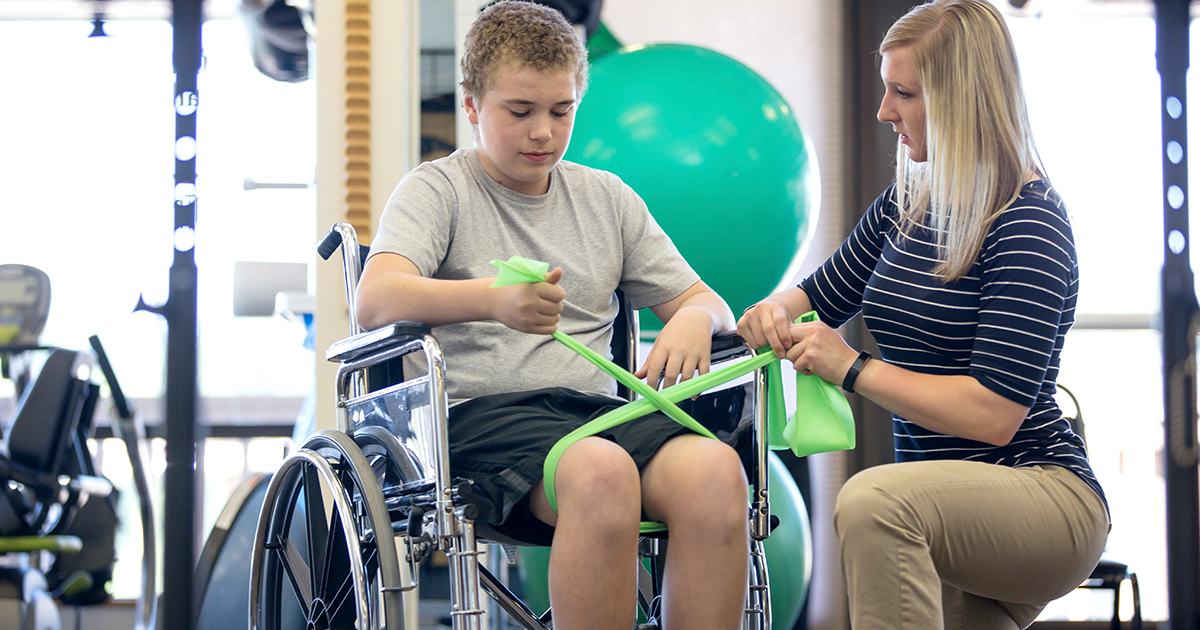Key Signs Of Duchenne Muscular Dystrophy
Duchenne muscular dystrophy (DMD) is a hereditary disorder that involves progressive muscle weakness and degeneration. There are nine overarching types of muscular dystrophy. In the case of Duchenne muscular dystrophy, a patient doesn't create dystrophin, which is one of the proteins responsible for keeping the muscle cells intact. The symptoms usually start between the ages of three and five. Though the disease usually affects boys, there have been rare cases where girls develop some symptoms. It should be noted the mother is the one who passes on the gene for Duchenne muscular dystrophy. A milder disease, Becker muscular dystrophy, has the same symptoms but typically presents in adolescence or early adulthood. It also progresses more slowly and less predictably than Duchenne muscular dystrophy, as well as primarily affecting girls.
Learn about the key signs of Duchenne muscular dystrophy now.
Muscle Weakness
The most characteristic symptom of Duchenne muscular dystrophy is muscle weakness, which can begin around age three or four. The first muscles affected are typically the thighs, shoulders, hips, and pelvic region. As the disease progresses, there will be weakness in the voluntary muscles found in the legs, trunk, and arms. In many cases, the calves become enlarged. The skeletal muscles throughout the body are affected. By adolescence, the majority of Duchenne muscular dystrophy patients must use a wheelchair because of the weakness in their skeletal muscles. The condition doesn't have any known cure, but certain treatments can help manage symptoms.
Keep reading to reveal more symptoms of Duchenne muscular dystrophy now.
Delay in Walking

A child's first steps are an important milestone. In most cases, slightly delayed walking isn't a reason to worry. However, studies have indicated when delayed walking is paired with cognitive delays, these may be the earliest signals of medical conditions, including Duchenne muscular dystrophy. One study, conducted by a pediatric neurologist and medical student, showed it's common for boys with Duchenne muscular dystrophy to have delays in walking. These delays often occur alongside cognitive developmental delays. Ordinarily, toddlers take their first steps between nine and sixteen months old. The researchers believe these combined developmental delays should be a signal further testing is necessary. If Duchenne muscular dystrophy is diagnosed before symptoms of muscle weakness begin, the treatment options could theoretically be more effective.
Uncover more warning signs of Duchenne muscular dystrophy now.
